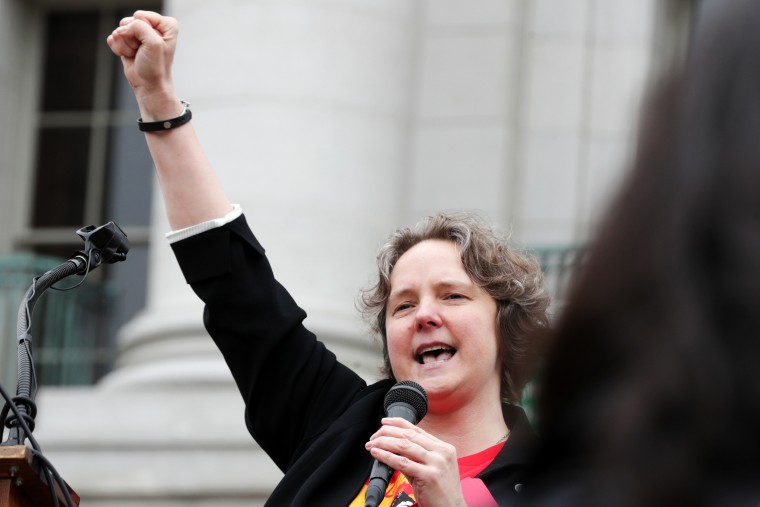Income inequality and poverty are pervasive issues around the world, with millions of people struggling to make ends meet. In recent years, a growing number of cities have been implementing innovative solutions to combat poverty and provide much-needed financial assistance to their residents. One such initiative that is gaining momentum is the implementation of free cash programs.
These free cash programs are designed to provide direct cash transfers to individuals and families in need, with no restrictions on how the money can be spent. The rationale behind this approach is simple: by providing people with direct financial assistance, they are better able to address their own unique needs and priorities, leading to improved financial stability and well-being.
One of the key benefits of free cash programs is that they are able to reach a wide range of individuals who may not traditionally qualify for other forms of assistance. By removing the bureaucratic barriers that often accompany traditional social welfare programs, free cash programs are more accessible to those who need them most.
Furthermore, free cash programs have been shown to have a positive impact on a variety of outcomes, including reducing poverty rates, improving mental health, and increasing economic mobility. Research has also indicated that direct cash transfers can lead to increased savings, investments, and overall financial security for recipients.
As more cities recognize the potential of free cash programs to address poverty and inequality, the trend is gaining traction across the country. From Stockton, California to Newark, New Jersey, local governments are leading the way in implementing these innovative anti-poverty initiatives.
Critics of free cash programs argue that they may disincentivize work and perpetuate a culture of dependency. However, proponents contend that these programs empower individuals to make the best decisions for themselves and their families, leading to long-term positive outcomes.
In conclusion, free cash programs represent a promising approach to addressing poverty and income inequality in communities across the country. By providing direct financial assistance to those in need, these programs have the potential to not only alleviate immediate financial burdens but also pave the way for a more equitable and prosperous society for all. It is crucial for policymakers and community leaders to continue exploring and expanding the reach of free cash programs to ensure that all individuals have the opportunity to thrive.




























